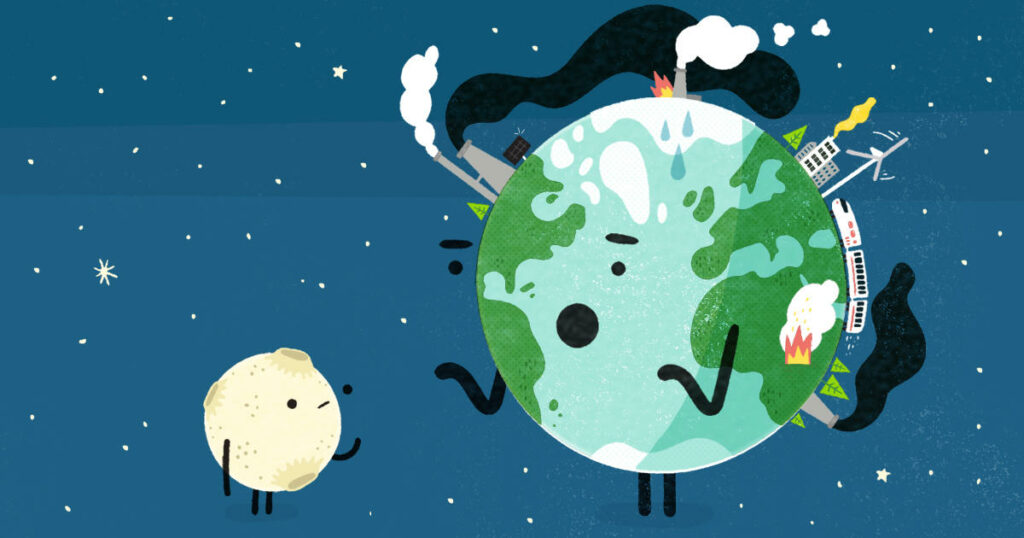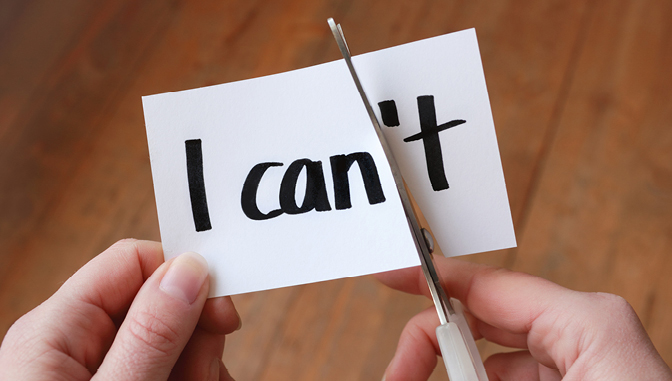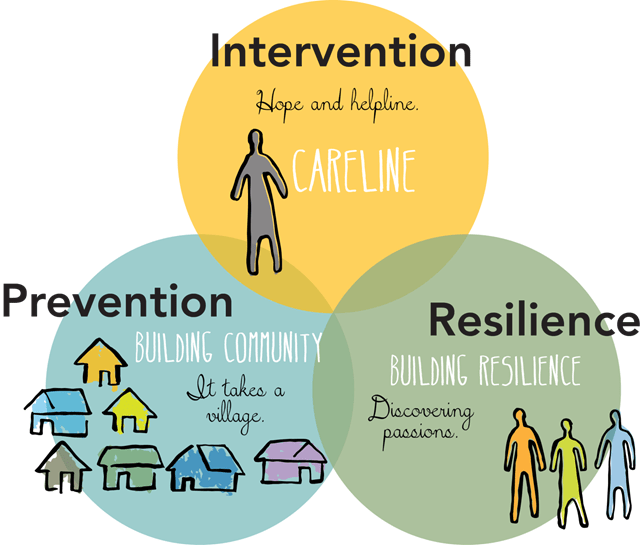Climate change has an impact on the whole world but Pakistan is among the countries that are highly affected by climate change. Pakistan has a great impact on its weather such as extreme weather events, lack of water, flooding, melting of glaciers in northern areas, increased coastal erosion, and reduced agricultural productivity. These are the biggest threats for Pakistan and all over the world regarding the sustainability of life on Earth.
Flooding in Pakistan has an impact on people in millions. People became homeless overnight. They leave their houses because of flood warnings. They are suffering from both physical and mental health problems. People who are affected by floods they have lack basic needs, and they are striving hard to survive this crisis. Their family members died in front of them but they can’t help them. Their children have nothing to eat.
Who are At Risk
Children
Children especially those under 8 years old had more impact of the flood on their minds than older adults. as children are unable to understand that because of a flood they have lost everything, and their life wouldn’t be normal. They miss their schools, toys, and other things they had before the flood. They are at risk of mental health issues because they can’t understand why they haven’t had certain things, or why they can’t meet their friends. All these things affect children’s physical health as well which has a direct impact n their mental health.
First Responders
These are people who help them like workers, doctors, and soldiers they help them in difficult times and gave support to affected people who are on the verge of having PTSD, depression, and other substance use disorders.
Prior Traumatic Survivors
Those who have already experienced trauma in their lives are at risk of having another trauma attack or their condition may become worsen because having another traumatic experience may be more dangerous for them than the previous one.
Mental and Emotional Phases of a Disaster
Pre-Disaster
The Pre-disaster phase can be as short as minutes but if there is no warning of disaster it can last for months. Feelings of fear and uncertainty define the pre-disaster phase, and people in this phase may feel a sense of vulnerability and lack of control to protect themselves and their families.
Impact
The impact phase is typically the shortest of the six disaster phases. People in this phase can experience a range of intense emotions corresponding to the type of disaster, including shock, panic, confusion, and disbelief. After the initial shock, individuals may feel a strong sense of self-preservation or family protection.
Heroic
The heroic phase occurs after a disaster strikes and is often associated with altruism. Community members may engage in rescue activities driven by adrenaline, though their risk assessment may be impaired in this phase. The heroic phase often passes quickly.
Honeymoon
Emotions climb to a high in the honeymoon phase, which usually lasts for a few weeks after a disaster. This phase is characterized by community bonding and optimism and provides an opportunity for assistance to affected groups.
Disillusionment
The disillusionment phase can last for months or years after a disaster, and it can be extended by triggering events such as the anniversary of a disaster. There may be an increased need for relief services, but those affected by disasters realize the limits of relief available during the disillusionment phase. This phase is characterized by negative mental health outcomes, including feeling discouraged, stress, exhaustion, substance use, and feelings of abandonment.
Reconstruction
Reconstruction typically begins a year after a disaster occurs and may last for years. This phase is associated with a sense of recovery as stakeholders take responsibility for rebuilding their lives, adjust to a “new normal” and continue to grieve.
What strategies help mental health recovery after natural disasters?
The American Psychological Association offers the following tips for adults recovering emotionally from disasters:
- Take time to adjust to difficult circumstances.
- Ask for support from friends and family.
- Express your feelings through talking, writing, or creative activities.
- Join a support group.
- Engage in healthy behaviors, including getting adequate sleep, eating well, and drug use.
- Reestablish routines and build positive activities.
- Avoid making major life decisions.
How can parents and caregivers support children’s mental health after disasters?
The National Institute of Mental Health offers the following tips for parents to support children’s mental health after disasters:
- Teach children how to cope with distress in everyday life.
- Allow children to be sad and cry.
- Encourage children to communicate their feelings through talking, writing, or drawing.
- Limit children’s access to news coverage of the disaster event.
- Keep usual routines as much as possible.
- Help children cultivate independence and agency.
- Reduce stressors including changes in living situations, pressure to perform well in school, periods away from family and friends, and fighting within the family.
- Contact health providers if children are unable to perform normal routines after a month or if they develop new behavioral or emotional problems.
How can community members offer emotional and mental health support after disasters?
The National Institute of Mental Health offers several suggestions for community members to help those in need after a disaster, including:
- Help people connect with family and friends and find food, shelter, access to medical care, and information about recovery.
- Offer buildings as gathering centers for support groups.
- Help families find mental health professionals to counsel children.
- Hold meetings for parents to discuss strategies for helping their children cope.
- Be sensitive to diverse cultural responses to stress and trauma.
Conclusion
Pakistan is facing the worst climate change and millions of people in Pakistan are suffering from floods. We need to take precautionary measures to protect ourselves from devastating floods in future otherwise the damage will be much more than today.
References
- https://www.publichealthdegrees.org/resources/mental-health-natural-disasters/












Great job Miss laiba. The blog covers all of the contents , and especially I appreciate the strategies you have elaborated. Great work.
Thank you so much
Thank you for your feedback